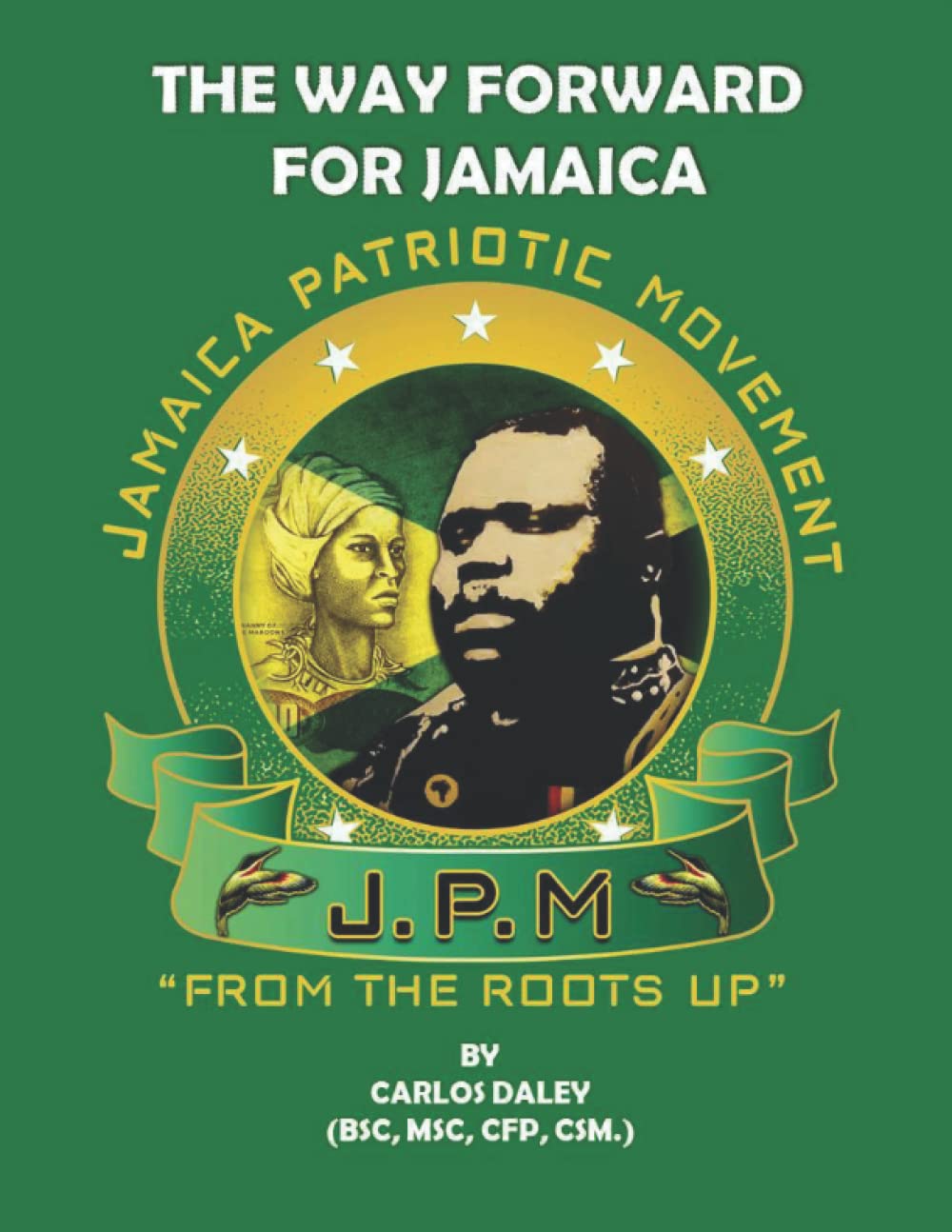The program approved by the White House, which allows legal access to that country through a sponsor, has generated a clandestine online market, very similar to the one that operates in Central America.
Except for migrants, everyone wins in the flourishing business of a new economy of exploitation. photo: the new york times. Except for migrants, everyone wins in the flourishing business of a new economy of exploitation.
A business flourishes in the US. Thousands of immigrants are becoming part of a new economy of exploitation. Tricked by cunning sponsors, they travel in search of a dream, but their hopes end in a nightmare.
Within this lucrative industry of evil, they get up every day to go to work in the harshest conditions, condemned to an extreme existence.
More than 250,000 unaccompanied minors have arrived in that country in the last two years, as recently revealed by The New York Times. Children, the main victims of traffickers, work in some of the toughest jobs in the country, flouting current labor laws. "It's becoming a business for sponsors," said Annette Passalacqua, a caseworker in Central Florida.
They work in slaughterhouses in Delaware, Mississippi, and North Carolina, saw lumber in South Dakota, work for suppliers to Hyundai and Kia, drive milkers in Vermont, put roofs in Florida, drive 35-ton bulldozers, 13-year-old girls they wash sheets in Virginia hotels.
The new "servants" are persuaded by people, companies, and supposed law firms, through social networks. When they arrive at the promised paradise, the reality is very different; So they find that they owe thousands of dollars, that they have to find a place to live, and that the debt grows with each passing minute and with each service they receive.
The underground market for emigrants seeking US sponsors has grown since the Joe Biden administration announced that Washington would accept a limited number of applicants from various countries in the region.
The program approved by the White House, which allows legal access to that country through a sponsor, has generated a clandestine online market, very similar to the one that operates in Central America.
According to a report by the ap news agency, bidders are demanding up to $10,000 for a financial backer.
Attorney Taylor Levy, who has long worked on the border near El Paso, Texas, said she is concerned "are the risks in terms of being trafficked and exploited."
While Kennji Kizuka, a lawyer and Director of Asylum Policy for the non-governmental organization International Rescue Committee, which resettles new arrivals to the US, said that "it seems that some are just going to take people's money and people will get nothing in return," published the Los Angeles Times.
Except for the migrants, everyone wins the transnationals and the market that hires labor “in the black”, that is, without a contract, and the “garroteros” make their harvest by trafficking with siren songs.
Business is business, although there are formal differences between the program approved for Cuba and the "bisnes" of human traffickers operating in Central America. Let's remember that anything goes in the "American dream."
By;Raul Antonio Capote, internacionales@granma.cu, 03/27/2023


